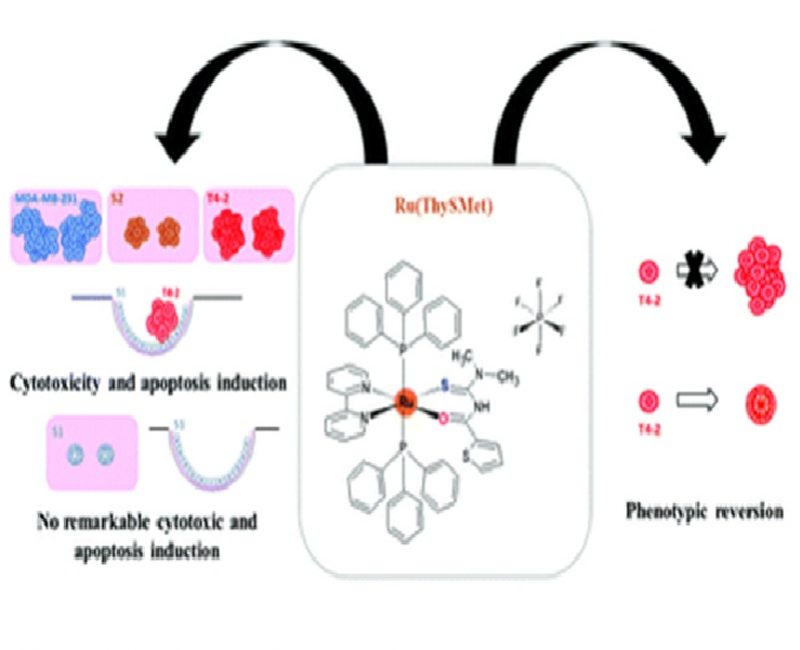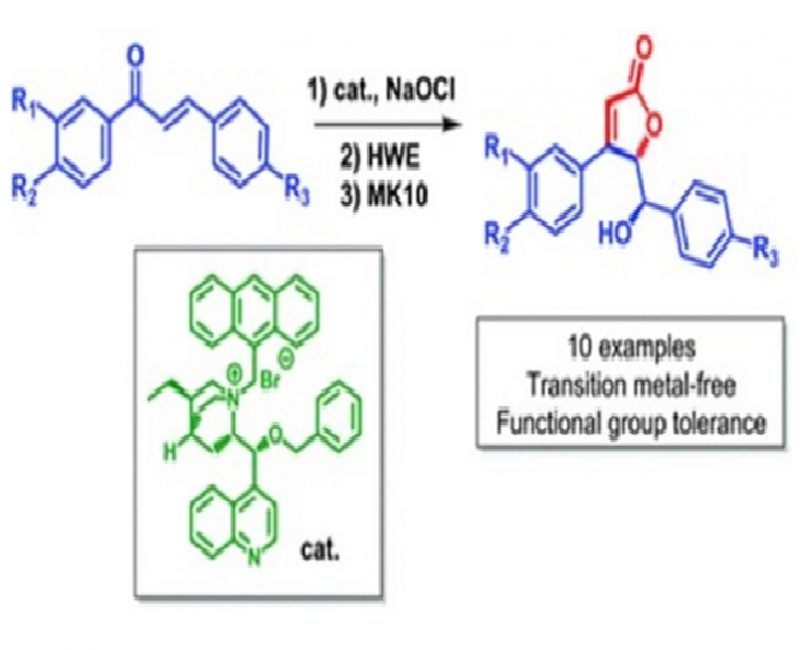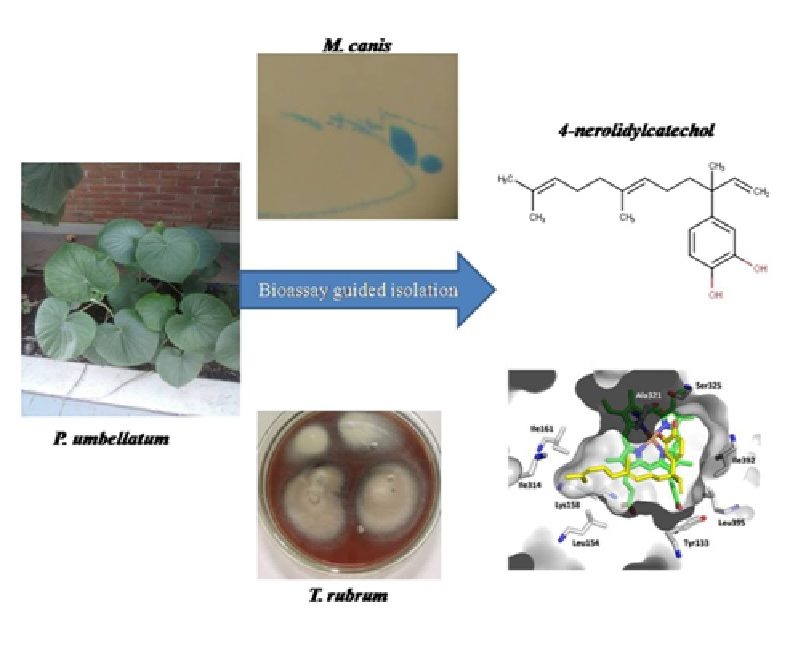Authors:
Menegatti, Carla [1] ; Fukuda, Taise T. H. [1] ; Pupo, Monica T. [1]
Abstract:
Small molecules frequently mediate symbiotic interactions between microorganisms and their hosts. Brazil harbors the highest diversity of insects in the world; however, just recently, efforts have been directed to deciphering the chemical signals involved in the symbioses of microorganisms and social insects. The current scenario of natural products research guided by chemical ecology is discussed in this review. Two groups of social insects have been prioritized in the studies, fungus-farming ants and stingless bees, leading to the identification of natural products involved in defensive and nutritional symbioses. Some of the compounds also present potential pharmaceutical applications as antimicrobials, and this is likely related to their ecological roles. Microbial symbioses in termites and wasps are suggested promising sources of biologically active small molecules. Aspects related to public policies for insect biodiversity preservation are also highlighted.
1 School of Pharmaceutical Sciences of Ribeirao Preto , University of Sao Paulo: Ribeirao Preto, SP, BR
Link to article: https://www.thieme-connect.de/products/ejournals/abstract/10.1055/a-1229-9435







